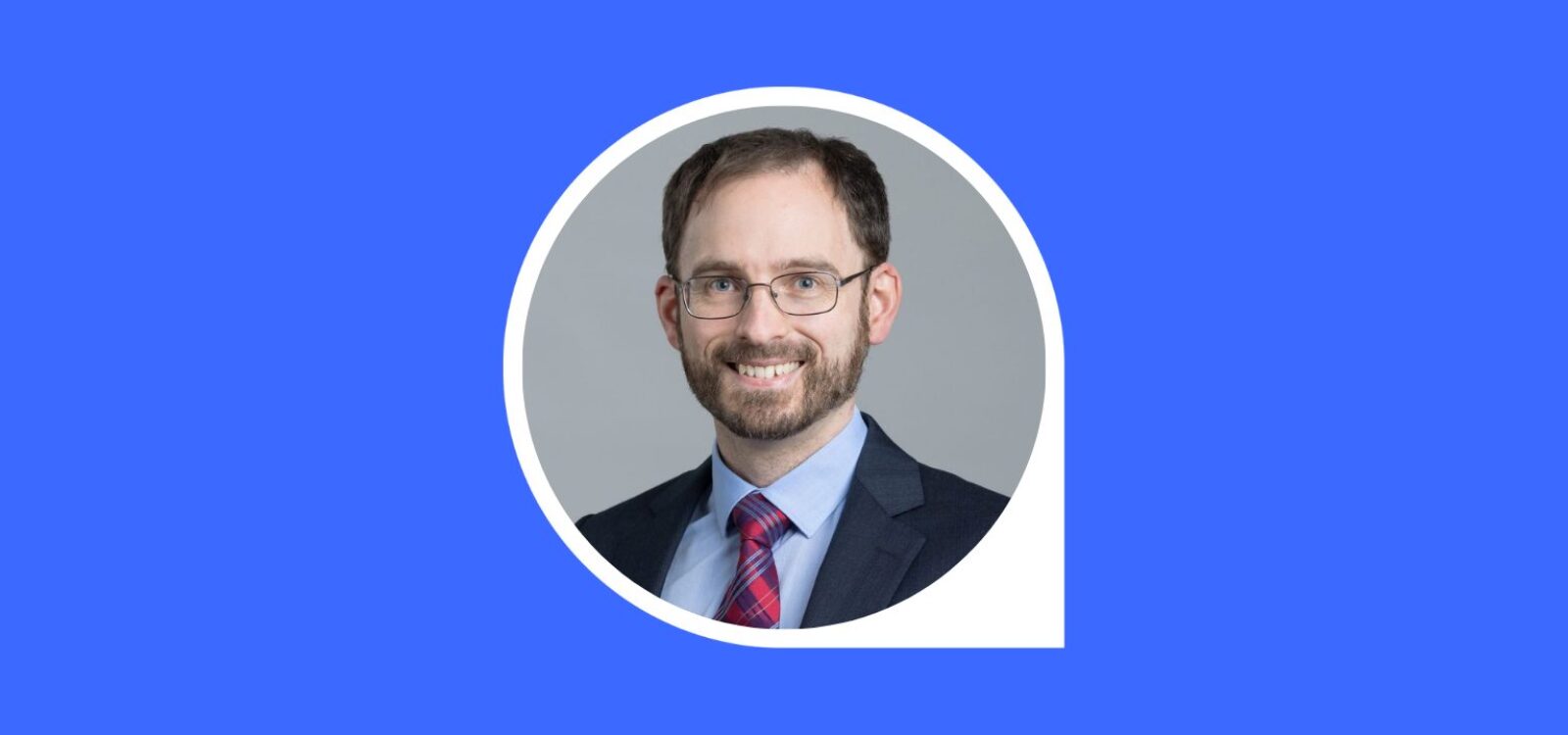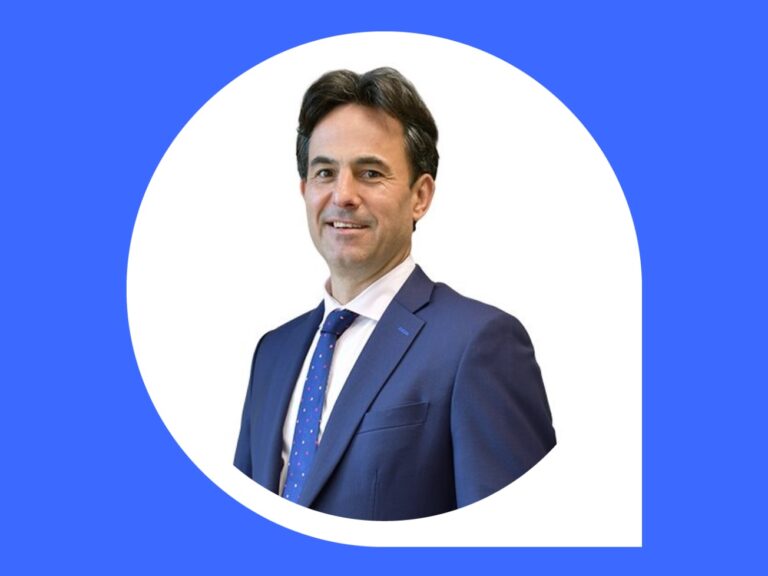
Career Case Study: Jeffrey Azzato FIAA – Senior Actuary, Ministry of Social Development, New Zealand
“Building some areas of technical strength in understanding and analysing data offers a solid foundation for many things.”
I’m a Senior Actuary committed to using data to improve people’s lives. I have a strong technical grounding in the mathematical sciences, and love translating data and analyses into practical solutions to organisational challenges.
Awards won:
-
2007 Hunter Scholar for Master’s Studies
-
2007 Victoria University of Wellington Medal for Academic Excellence
-
2007 Victoria University Postgraduate Scholarship
-
2008 William Georgetti Scholarship (not taken up)
-
2022 Richard Bruynel Research Prize (presentation contribution)
How did you find out about this career?
I always knew about actuaries, as my dad had worked closely with several during his career and had done some of the actuarial subjects himself.
It took me a little while to find my way to the actuarial profession. I started university intending to do a chemistry degree. On trying a range of subjects in my first year, I found that I enjoyed mathematics and statistics much more than chemistry, so changed my studies to focus on maths, stats, and operations research (actuarial science was not offered at Victoria University of Wellington at that time). At that point, I had no idea of what I wanted to do after university.
I went on to do my Master’s in mathematics, and was intending to do a PhD in mathematics in the Netherlands, and maybe go into academia after that. It didn’t feel quite right to me though, and I realised that I really wanted to apply what I’d learnt, rather than continue doing theoretical work. I left the PhD on the shelf and went out to look for a ‘real job’.
How did you land your first job?
I applied for an actuarial analyst role at Sovereign (now part of AIA) in Auckland. Initially, I had a phone interview, after which they asked if they could fly me up for an in-person interview. That must have gone well, as I was offered the role.
What helped you build your career/progress?
Starting out, I found sitting and passing the actuarial exams incredibly helpful. Passing the exams is a great way to build one’s capability, and my employer recognised that. I also found completing significant projects at work helpful, because each one taught me something new.
After qualifying as a Fellow, my progression looked different. I found that demonstrating my ability to lead people and work was key. Different people have different approaches to leadership. For me, it’s about being authentic and ‘just doing it’, as opposed to ‘being seen to be doing it’.
From your experience, what advantages does being an actuary offer in the professional world?
Actuaries are well-recognised professionals in the insurance industry – people in the industry know what actuaries are and what they do, and we benefit from all the hard work of our predecessors in building the actuarial brand.
Outside traditional actuarial practice, actuaries are less known, and building one’s brand must be pursued more consciously. For instance, I work with a lot of people who have PhD’s, and often find that their thinking is quite narrow. In contrast, I’ve found that the actuarial training has given me a lot of flexibility to think across problems, join the dots, and devise practical solutions. This capability lends itself to bridging between technical specialists like data scientists, and end users of analyses. I’ve increasingly built a role for myself doing that kind of work.
What are the top skills that an actuary should have?
Everyone has different strengths, and different skills can be useful in different situations.
-
Building some areas of technical strength in understanding and analysing data offers a solid foundation for many things. This isn’t just about learning to write code, but also about really questioning and working out what data means. The actuarial training is very helpful for building this capability.
-
Relationship building and communication are both very important. Our context in work and in life is almost always a group context, so everything has a relational element to it.
-
If hiring, I’d be thinking about what kind of person would best complement my existing team, as well as that person’s individual qualities. I’d be interested in things like how the candidate relates to others, how curious they are, their willingness to learn, their motivations, etc. These kinds of things can be more important than a candidate’s specific qualifications or experience.
What exciting projects or work locations have you been exposed to?
As an analyst, I was involved in several IT projects that decommissioned old systems and moved policy data and administration functionality to new systems. I learnt a lot about the business through these projects. It was also a lot of fun to work in a diverse team, progressing toward one goal at pace.
Since moving into government practice, I’ve been involved in a very wide range of work. One thread of this has been modelling social supports and outcomes. This has included helping to develop New Zealand’s first actuarial valuation of social housing in 2016 and expanding actuarial modelling to encompass a range of social outcomes using New Zealand’s Integrated Data Infrastructure in 2018–19.
More recently, I was closely involved in a project quantifying and characterising vulnerability and multiple disadvantage among older people. This was cross-agency work between the Ministry of Social Development, the Ministry of Health, and the Social Wellbeing Agency. The project produced results that helped to fill a data gap and changed some of the conversations about the needs of older people and how to best meet them.
How would you summarise yourself in one sentence?
An actuary who is curious about the world and seeks to make a positive difference.
What advice would you give to young/aspiring actuaries?
I think that sometimes people can get very wrapped up in the pursuit of quite narrow goals, such as getting a particular qualification or job. There is a lot more to life than just these things.
Above all, I think that compassion for others, and humility, are important qualities to cultivate, particularly in moments of adversity.
Check out Jeffrey’s career and qualification timeline
Ready to learn more on beginning your journey to becoming an actuary?
CPD: Actuaries Institute Members can claim two CPD points for every hour of reading articles on Actuaries Digital.






